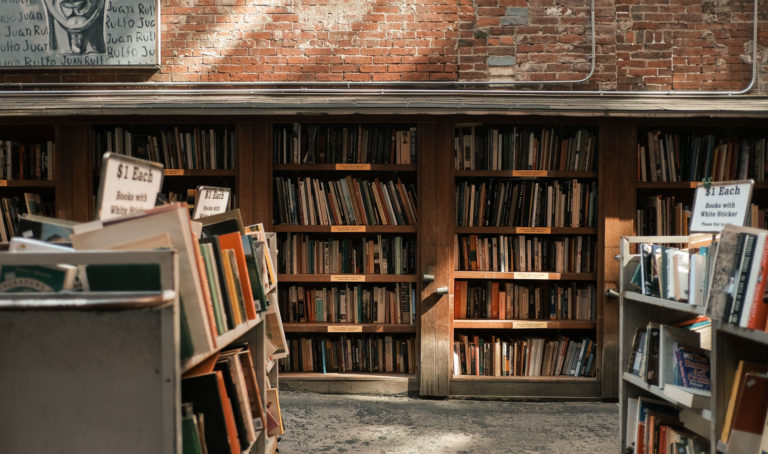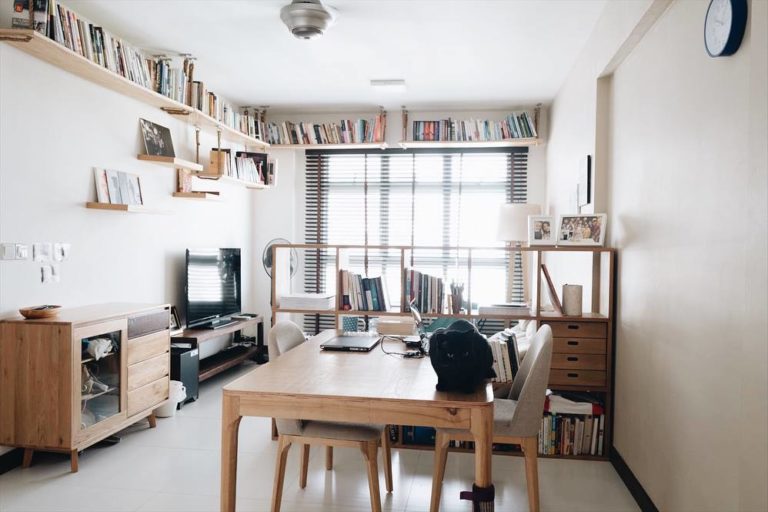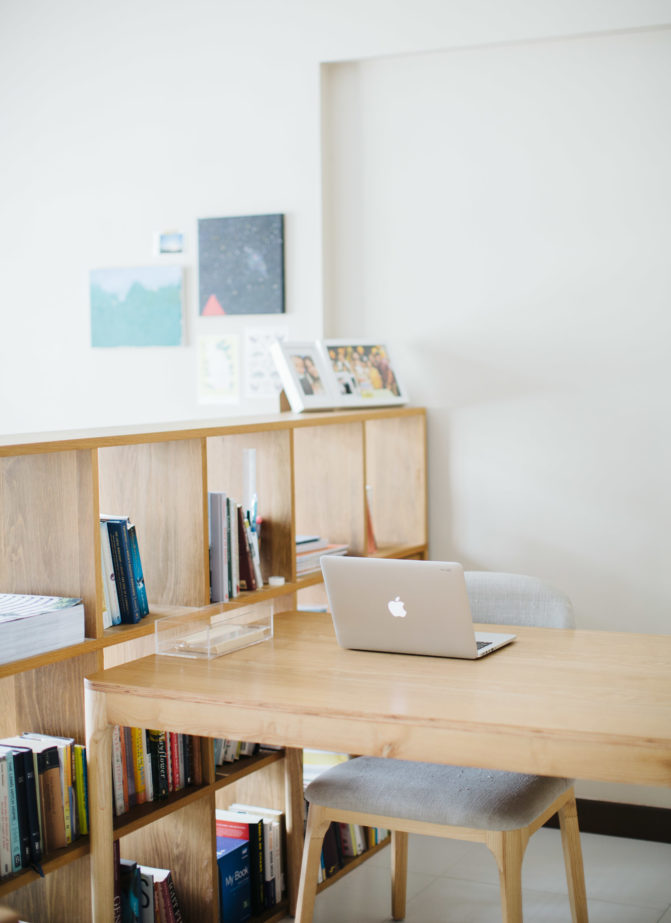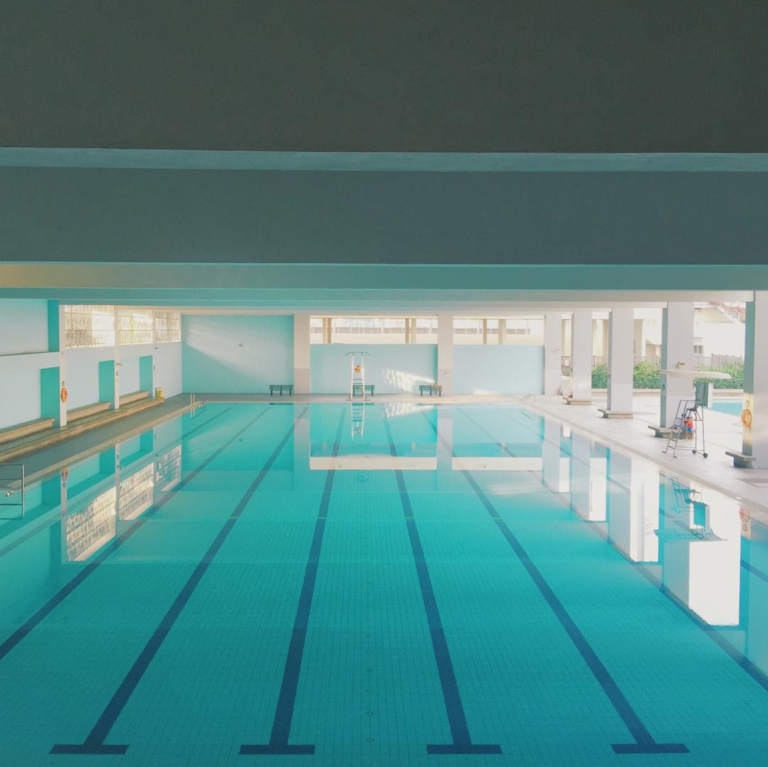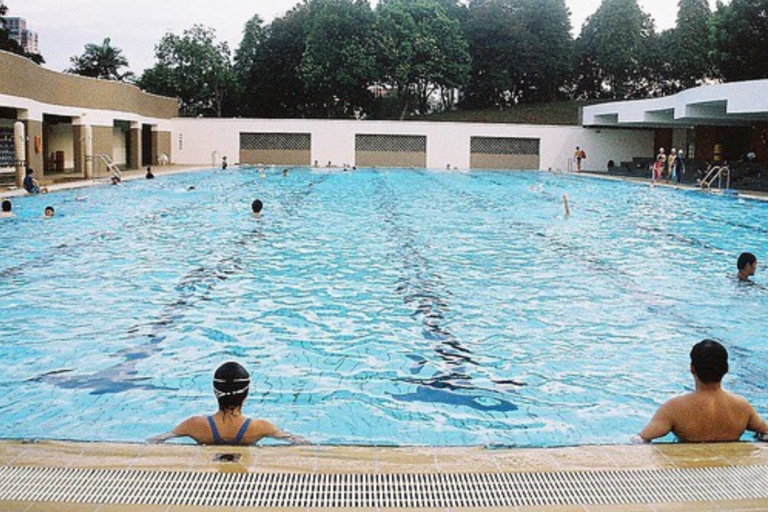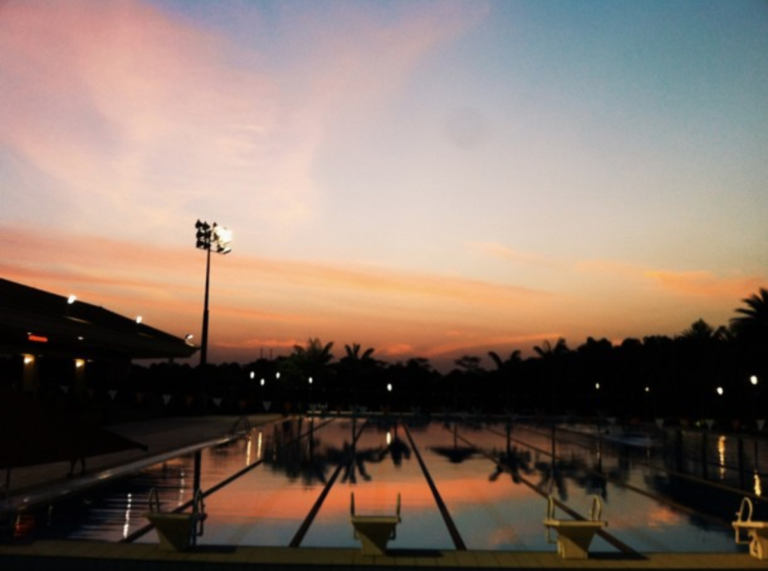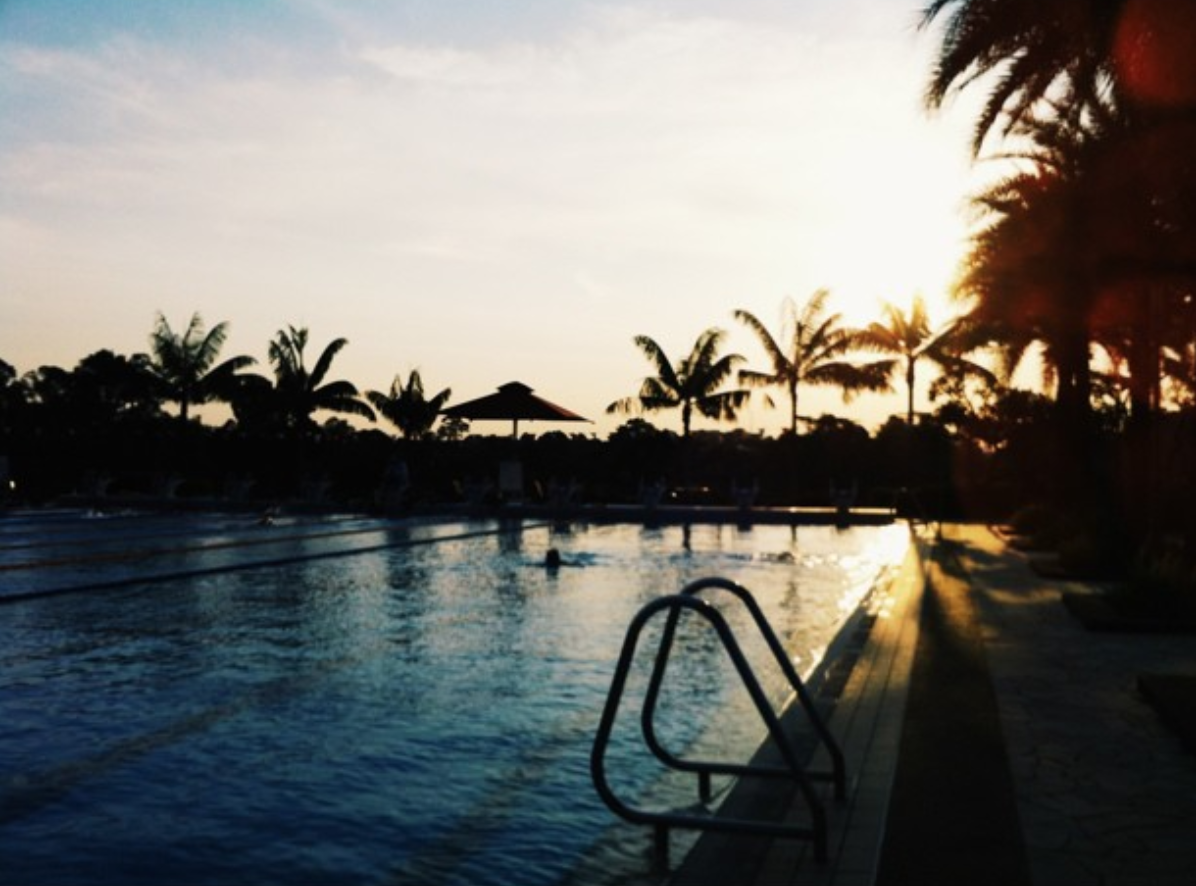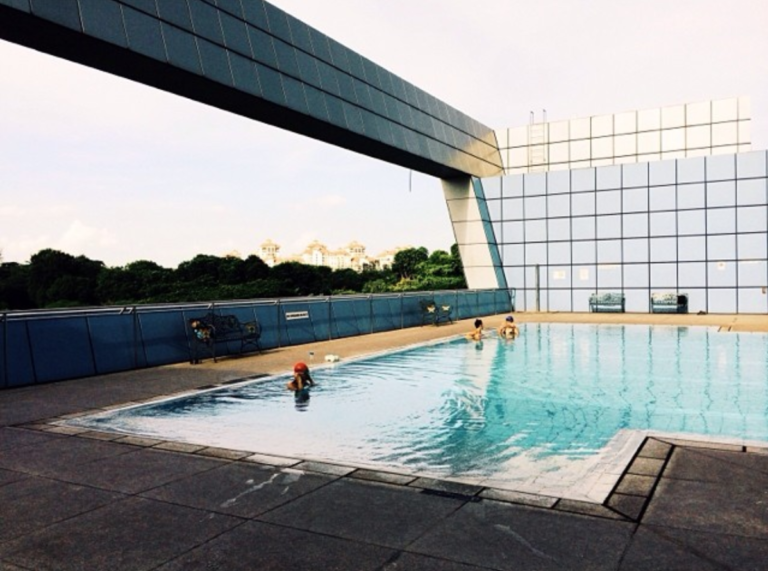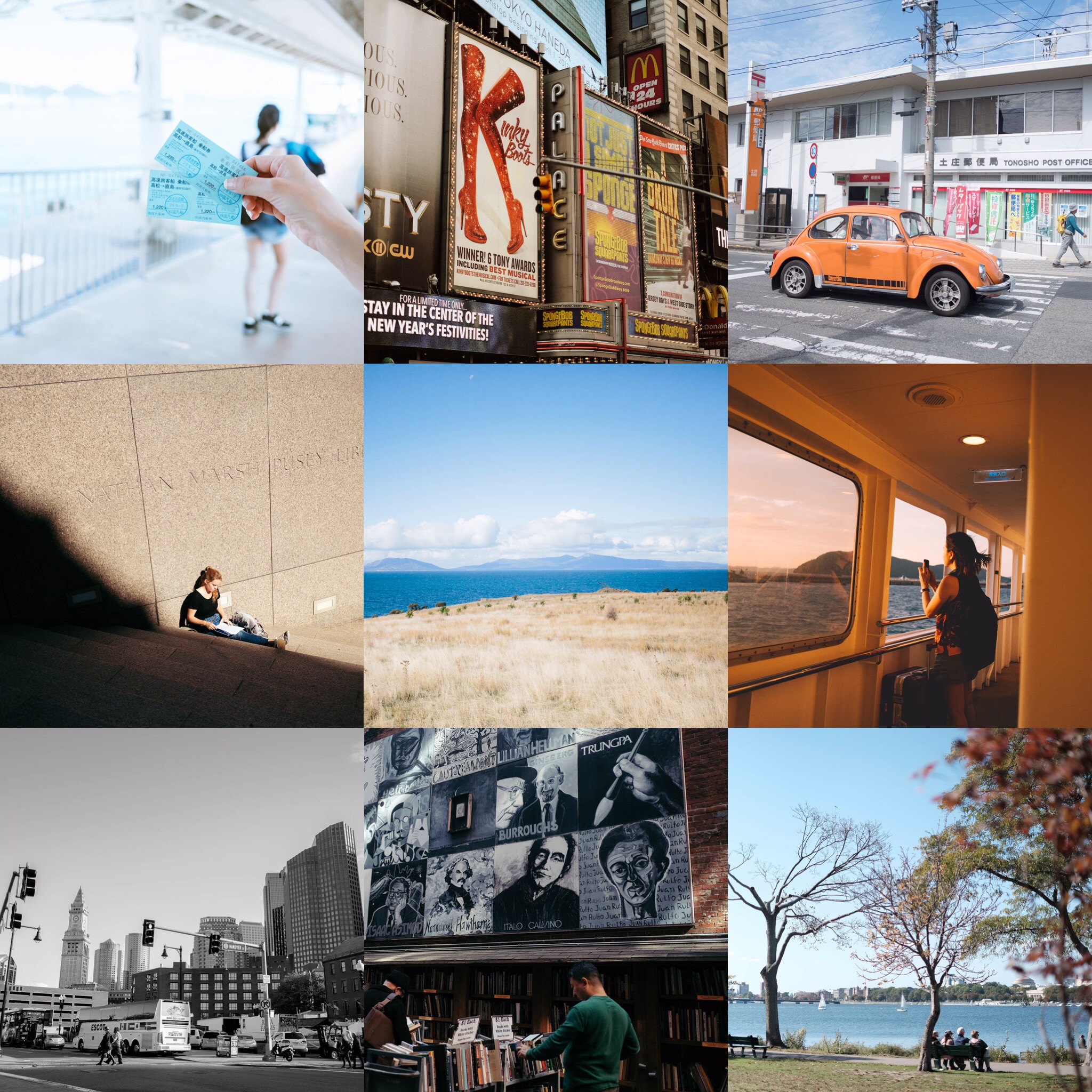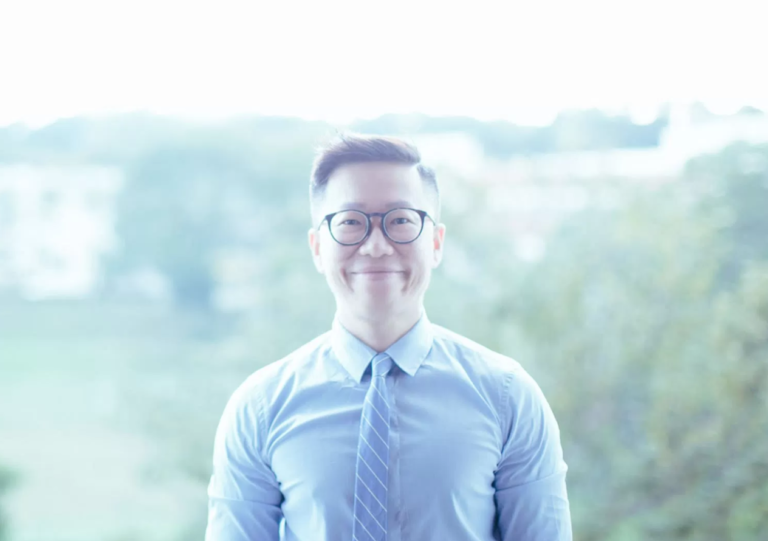
[Editor’s Note: If you don’t know Dan or this is the first time you are hearing about him, you might get a little intimated by his sheer energy and productivity. But hold on tight – he is going to inspire you and make you want to go out there and do more, a lot more, with your life. Enjoy this first ever interview on rebeccatoh.co!]
Can you tell us a little about yourself, Daniel?
My name is Dan. You can call me DannyBunny. I am a cereal entrepreneur – which means I do things for the love and not the money. I am Singaporean. I am a coffee addict. I am a reformed shopaholic. I love Akina Nakamori.
You inspire me a lot. It’s really nice to see that you are doing so well as a creative entrepreneur. Can you share a bit about the businesses that you are currently running?
Oh yes! I am super blessed! Making good money doing what I love which allows me to do more of what I love. I run a few businesses.
My main biz is in digital publishing, digital content creation. Also web design and development. The third piece is brand development.
This year has seen me starting my coaching practice (dannybunny.co).
How did you make your first leap to quitting the rat race?
I would not have been able to do this on my own. [My partner and I] discussed and agreed that I would give myself two years.
I asked myself – Dan, what was your last drawn pay in the office cubicle? $3500. Okay, so can you make $3500 a month consistently by the end of two years? If you can, great! Let’s do this. If you can’t then… let’s do this too to prove you can’t. Then you can go back to corporate. You can take these two years off. You have hands, legs, a good head, willing to work hard, excited about it, and am pretty good at what you’re doing, plus reading micro-trends – the Internet was gonna explode! So ai zo or mai zo (dialect for “Do you want to do it or not?”)?
So I said ZO (hokkien for “let’s do it!”)!!!
Then I made 10 times my last drawn salary by the end of two years.
Can you briefly tell us about how you first started out as a creative entrepreneur?
I started out with my web design company Magic Mushroom and I did what everyone else would do who had to start from zero. I turned to Yellow Pages and started cold calling.
During that era, even fancy name cards were a novelty. Nobody understood the Internet, websites, this new breed of marketing. So I had a lot of trouble and resistance, but there was this uncle who was so nice.
He listened to my drivel on the phone, didn’t understand anything, but he said in Chinese, “I don’t know what is the Internet, but I know it’s tough starting out. You have the heart. I support you.”
I didn’t know how to price my work, so I told him, let me make the website. He can take a look after it’s done and if he likes it, he can pay me however much he feels is fair. If he doesn’t like it or if he doesn’t feel it’s gonna be helpful then he doesn’t have to pay me.
Then I proceeded with making the BEST MOST KICKASS WEBSITE I could make for him. I put in everything I knew back then. Time and effort were no issue. I did it like it was my only job I was gonna have.
Uncle saw it.
Still didn’t quite understand how he would use it. But I assured him it’s yellow pages on steroids.
He liked it and he gave me my first $500.
One of the problems many creatives face is “how to make a good living”. Do you have any advice for these aspiring and struggling creatives?
Define what “good living” entails for you and not what the world has prescribed.
Do you feel free? Joyful? Connected? Most importantly, does your life feel the way you want it to feel? Are you making a living on your own terms?
You’ll be surprised how much of the daily stressful madness is a direct result of chasing after things that we’ve been brainwashed to believe we need and to show for the world.
Good living comprises of an aspirational side and a practical side. We’ve still got to pay the bills. Yet, how we go about paying the bills is equally important.
When we realise that we can make a good living with a whole lot less (enough is plenty), and on our own terms, a lot of the struggling that is needless melts away.
How do you stay productive and do so much?
It’s just in my DNA! I’ve always been an Energizer bunny. I am a perpetual ideation machine with more ideas than I have time and energy to execute on and I feel there’s so much I wanna do and there’s too little time. This keeps me motivated and rah rah at all times.
I am also wired to be 100% nocturnal and I dedicate the time block of 11pm to 5am (where I experience peak performance) for my most creative work. Undisturbed. No phone calls. No meetings. No social events. I get seriously into the flow zone.
That said, here’s a mini listicle.
If It’s Not A Hell Yes, it’s a Hell No!
I only work on the things that light me up. Be highly selective about what you choose to spend your currency of time, energy and love on. Master the art of saying “no” gracefully.
Edit Ruthlessly
Edit, edit, edit. Cos overwhelm. Curate, curate, curate. Cos noisy world. This applies to everything from relationships (personal and business) to your social media feeds. Remove all forms of toxicity.
Surround Yourself With Good People
You are the average of the 5 people you spend the most time with. It’s important to hang out with people who inspire you to be the best version of yourself.
What is one day in your life like?
A fulfilling one where I get to spend my day at the intersection of creativity, business and happiness!
A few other tidbits:
- I natural wake without an alarm. I need 7-8 hours of sleep to function at my best.
- I am nocturnal. I wake up at 3pm. Go to bed at 7am.
- One full glass of water immediately after I wake up.
- Meditation. 10 minutes. Set intentions for the day.
- I work in my lounge clothes. Yay!
- Loads of good strong coffee throughout the day.
- Gym. I have a really great personal trainer who’s been taking care of my fitness needs for over 6 years now. Our focus this year is for me to build stronger pins and hit 65kg. I’m at 64.4kg now. Sooooo close. We can smell it!
- Lots of reading and learning. I’m a lifelong student. The learning never stops.
- Check in on existing businesses with my teams. Fight any fires they can’t handle. They have been trained well so thankfully that doesn’t happen often.
- Have plenty of fun working on my play projects.
- Some Netflix indulgence.
- I put down 3 things in my gratitude journal first thing I climb into bed.
- Read until my Energizer battery runs flat. Then I call it quits.
- Switch off bedside lamp, climb under the covers and say “Fankeow Universe for a good day.”
What are the apps, software, or tools you can’t live without?
Pen & Paper – I’m old school. I call these my magic tools.
iPhone.
Infinity in the palm.
MacPro – 工欲善其事,必先利其器。
A blazing fast internet connection – I actually know people who choose the internet over their family.
Nespresso machine – I actually have one RIGHT NEXT TO my monitor! That’s how essential caffeine is to me.
Air conditioner – Didn’t the late Lee Kuan Yew say that this was the best invention of the century that allowed quantum leaps in productivity?
Photoshop – I used to prefer Fireworks for web graphics. But ever since Adobe bought over Macromedia and neglected it, I’ve switched over to PS.
Evernote – We all need a dedicated place for brain dumping.
Bear – I do all my writing in this app.
Basecamp – Team and project management.
Milanote – The latest darling in my toolkit. For research, planning and building out my play projects.
PS: I technically wouldn’t die if you took away everything listed above. I can adapt. I swear I can. But please consider leaving me a pen and some paper.
Do you have any books to recommend that are life or mindset-changing?
Of course!!! There are so many but here are some that are top of my mind.
For the Mind
4 Hour Workweek by Tim Ferriss
Rich Dad Poor Dad by Robert Kiyosaki
For the Heart
The Desire Map by Danielle LaPorte
Firestarter Sessions by Danielle LaPorte (Can you tell I’m a fan?)
Tiny Beautiful Things by Cheryl Strayed
For the Soul
Conversations With God by Neale Donald Walsch (It’s a trilogy and I highly recommend reading them all.)
The Power Of Now by Eckhart Tolle
When Things Fall Apart: Heart Advice for Difficult Times by Pema Chodron
What are you working on now?
Quite a few things!
It’s a mix bag of “play” projects, doing more of what I enjoy, and tuning into my inner calling.
Coaching Practice
Personal and performance coaching for creative individuals and corporations.
I recently ran a full day corporate retreat for the DesignSingapore Council called #HowToHuman and thoroughly enjoyed it. It’s certainly a personal highlight for this year.
The retreat was very well received (bless the good folks at DSG for having me!) and that has led to more doors opening. The Singapore Ministry Of Communication & Information has invited me to be their in-house performance coach. We’re working on the details right now but it will take the format of a weekly “open clinic” where staff members get to work with me on their areas of concerns and untie those icky inner “knots.” I’m calling it “FWD: Friday With Dan!”
There’s a Netflix series called “Billions” (highly recommended btw!) and there’s a character in it called Wendy who is a supernova kickass in-house performance coach for all these high-functioning, high-performance, high net worth traders. These guys go to her when they are feeling kinda “funky”, she performs one or two mindset shifts in a very exact manner, and send them out of her office blazing trades again in 5 minutes! When I saw that I was like “I WANT TO BE WENDY!!! I WANT TO THE MALE VERSION OF WENDY!! I WANT TO BE THE WENDY FOR SOME COMPANY!!”
So you can imagine how SUPER excited I am about this opportunity when MICA came calling. I look forward to invading cubicles and bringing more joy to corporate warriors.
B-Hive
A community of budding / struggling / seasoned creative entrepreneurs committed to building smart purpose-driven businesses that will build true wealth and freedom.
Online Courses
Building two e-courses on my favourite topics. One on “starting the right business”. The other on “how to human.”
Lifestyle Products
Crafting a small range of hand-poured candles and energy-infused jewelry with MIZU Brand. Also working on a fragrance.
Digital Stickers
Developing two series of original characters for distribution on LINE app.
A Photography + Apparel project
A joint-venture based in Brazil which will be launching in May.
Happy Boot Camp
A seasonal podcast of bite-sized wisdom bombs for happier living.
LITO
A joint-venture with a super talented photographer whose work and zest for happy living I so adore – Rebecca Toh!
Think of it as a portrait photography + web design + copywriting boutique in one. We aim to be a one-stop shop to elevate the online presence of solopreneurs in the new economy.
I keep an updated list of my shenanigans here. I’m always ticking things off and birthing new ones!
Do you have any dreams that you haven’t fulfilled yet?
A super strange thing just happened when I tried to answer this question! I drew a blank and the blinking cursor stared right back at me for minutes. It’s still staring at me now.
What’s happening???
In the past, I would have had a huge list of items for you.
[Sidetrack]
Lately, I’ve started a mindful practice to observe how I feel and respond to things, people, events and that includes munching on reflective questions like this one. So while I am reacting or thinking, I observe my reactions and thoughts. It’s like a second level of awareness. Woohoo!
This is especially fun when applied to those pre-frontal cortex moments. There’s no faking it because your amphibian brain just takes over. I enjoy observing and picking apart my amphibian moments.
There is so much reprogramming which we can do to manage and adapt our cavemen operating system.
[End of sidetrack]
Ok, back to answering your question.
I just realised I don’t have any unfulfilled dreams! I have every non-negotiable that I need. The rest are mere wants and good-to-haves.
I have shifted from what I want (things, events, validation through external material wealth) to how I want to feel everyday. Then I set out my intentions. Inner clarity first, then outer action. Inner attunement before outer attainment.
We’ve got the procedures of achievement upside down. We are not chasing a goal. We are chasing a feeling we think we’ll get after reaching the goal.
So I have been getting creative about how I want to feel and the ways I go around pursuing those feelings.
For example sky diving has been on my bucket list for a long time now but I haven’t done it yet.
I’ll think – Why do I want to sky dive? What is it that I want to feel by sky diving?
I want Adventure. I want Thrill. I want Excitement.
And guess what? I can absofrigginlutely get all the above by giving a talk to a group of 200 people! I feel the same adrenalin rush when I give my Facebook Live Sessions to my B-Hive FB group or when I run a corporate retreat/workshop. So I do more of those.
Et voila! We don’t have to be fixated with the things we think we want once we shift the focus to how we want to feel.
In a happy, shiny nutshell – I guess I am living the dream? 🙂
*
More of Daniel at:
DannyBunny.co (coaching practice)
Happy Boot Camp (podcast)
DannyBunny.shop (online store of happy goods)
LITO (photography + website design boutique)
